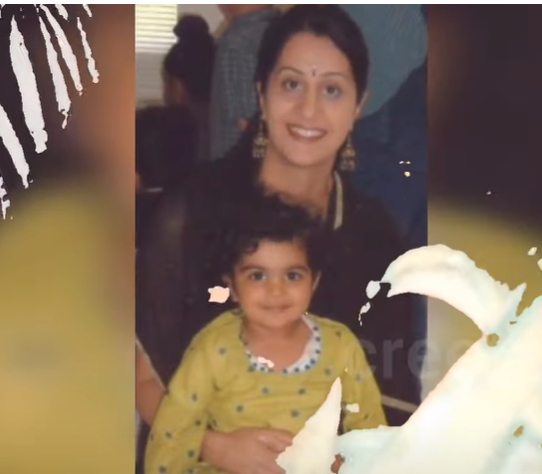Mukhtiar Singh Panghali, a former high school teacher from British Columbia, has been granted full parole by the Parole Board of Canada, marking a pivotal moment in a case that has garnered significant attention due to its horrifying details. In 2006, Panghali committed a gruesome act by strangling his pregnant wife, Manjit, and setting her body ablaze. Initially sentenced to life imprisonment without parole for 15 years in 2011, Panghali has now secured full parole, convincing the board that he no longer poses an undue risk to society and that his release could facilitate his reintegration into the community.

The Tragic Background
Panghali’s tragic story began in October 2006 when he reported his four-month-pregnant wife, Manjit, missing. Her charred remains were discovered five days later near Roberts Bank in Delta, B.C., sending shockwaves through the community. Panghali was first arrested for the crime in 2007, and his appeal against his life sentence for second-degree murder was denied in 2012.
The Path to Parole
Panghali’s journey to full parole was not straightforward. He was granted day parole in 2020, and in 2021, he received permission for unsupervised temporary absences from prison. These steps towards freedom were based on assessments that deemed him a low risk of reoffending and his demonstration of remorse for his actions. In the board’s words, “You voiced regret for your actions, appeared future-oriented and outlined your short- and long-term goals for your future.”
Conditions of Parole
Panghali’s full parole comes with stringent conditions. He must report all relationships with women, both sexual and non-sexual, to his parole officer. Alcohol consumption is strictly prohibited, and he must avoid contact with Manjit’s biological family, including his daughter, who is now under the care of Manjit’s sister.
Reflection and Rehabilitation
The board’s decision to grant full parole acknowledged that over the past decade, the 51-year-old has shown a commitment to rehabilitation and becoming a responsible member of society. Panghali has expressed his desire to be a good father to his daughter, emphasizing that he is willing to rebuild their relationship if she decides to reconnect with him.

Family’s Influence
Panghali’s family’s continued support has been noted, with his brother pledging to report him to the authorities should he make any poor choices. Their commitment to keeping him on the right path has played a role in the board’s decision.
Controversies and Concerns
While the board’s assessment indicates that Panghali is a low risk of reoffending, there remain concerns, including his disturbing fantasies about killing his wife and his decision to act on them despite alternative choices. The board pointed out that the serious harm criteria were met, and the victim’s family and friends were likely impacted permanently, as well as peripheral victims such as witnesses and first responders.

Conclusion
The parole granted to Mukhtiar Singh Panghali is a deeply controversial and sensitive matter, leaving many pondering the complexities of rehabilitation, remorse, and the justice system itself. The board’s decision underscores the challenging task of balancing a desire for rehabilitation with the need for justice and accountability in such heinous crimes. Panghali’s case serves as a poignant reminder of the devastating consequences of intimate partner violence and the critical role of the justice system in addressing such issues.
